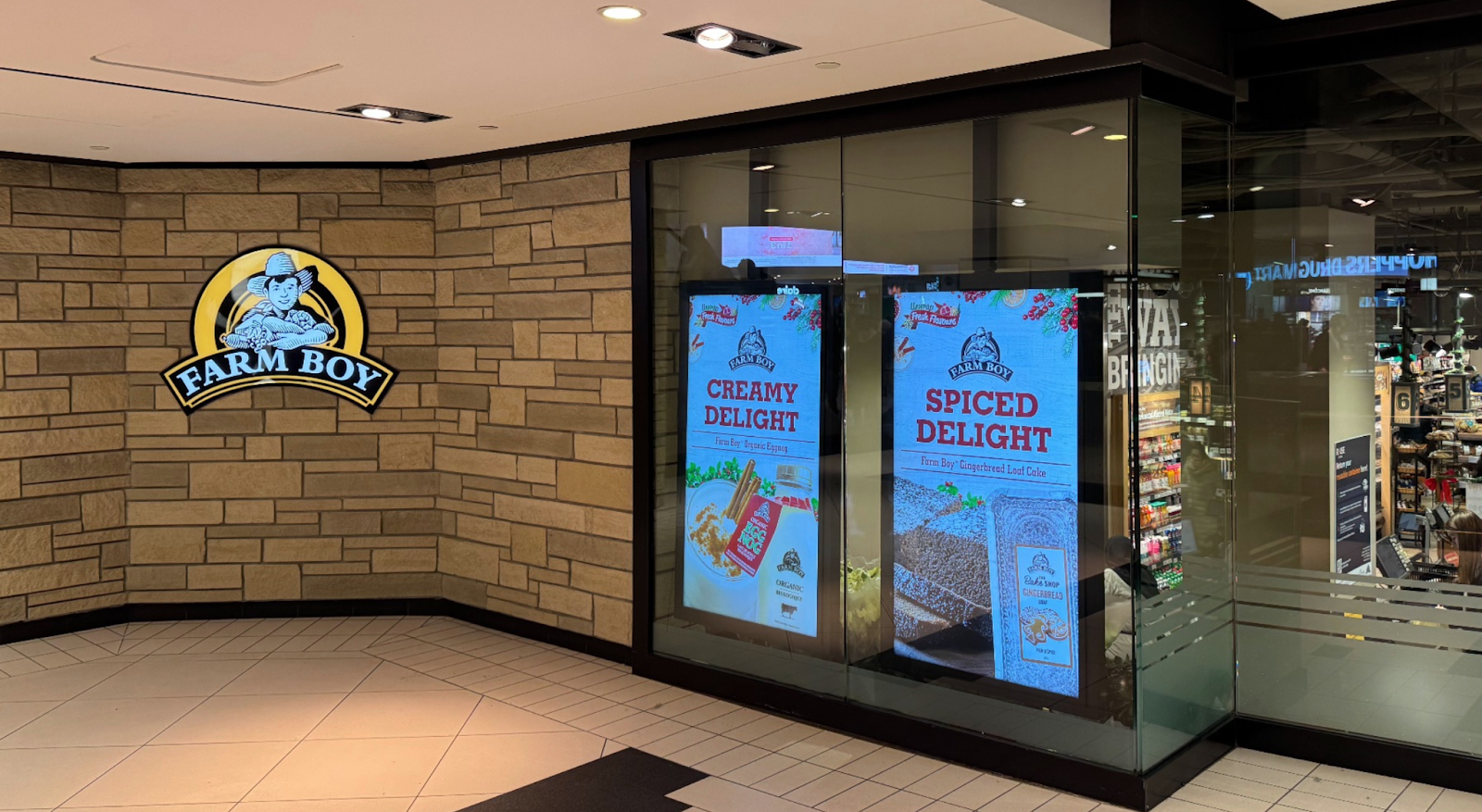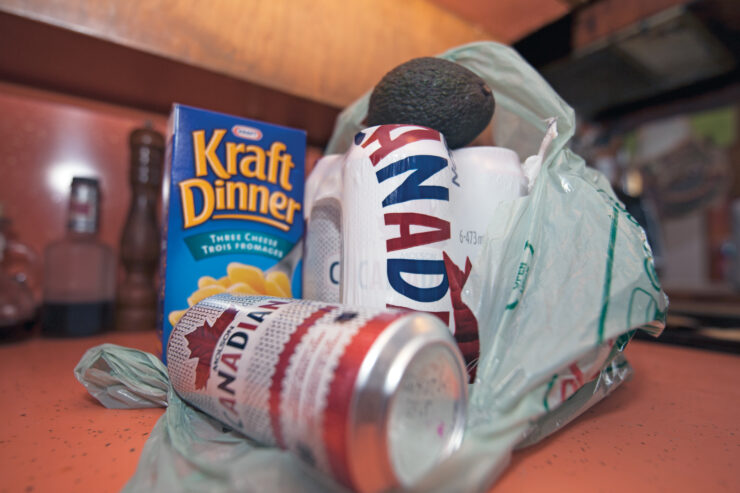THE LACK OF 24-HOUR GROCERY STORES LEAVES STUDENTS WITH LIMITED LATE-NIGHT FOOD OPTIONS
If you’ve ever tried to grab groceries near Ottawa’s downtown core or around the university campus, you’ve probably noticed a glaring issue—there just aren’t enough options. For students living in the area, it’s a frustrating reality. Between juggling classes, part-time jobs, and budgeting on a student income, finding affordable food has become a challenge and the pandemic hasn’t helped.
The COVID-19 pandemic hit small businesses hard, and grocery stores were no exception. While big chains managed to stay afloat, smaller stores in neighborhoods near the University of Ottawa have either closed permanently or scaled back hours and inventory. Even those still open often struggle with higher operating costs and supply chain issues.
This left many downtown neighbourhoods in what’s effectively a food desert—an urban area where affordable groceries are scarce. Students, who don’t have cars and rely on foot, bike, or OC Transpo to get around, are feeling the squeeze.
Take 24-hour convenience stores, for instance. Sure, they’re open late, but you won’t find fresh veggies or affordable proteins there. What you will find are processed snacks and overpriced frozen meals—not exactly the kind of food that fuels marathon study sessions or keeps you healthy through flu season.
For those pulling all-nighters or juggling odd schedules, grocery stores with extended hours could make all the difference, providing better access to nutritious food when students need it most. Reliable late-night food options aren’t just convenient—they’re essential for maintaining energy, focus, and overall well-being during demanding academic periods.
Delivery apps like Instacart might seem like a solution, but between the delivery fees, service charges, and higher prices on items, the cost quickly adds up. For students on a tight budget, it’s simply not practical.
Others must navigate long commutes to the nearest grocery store, often relying on OC Transpo’s irregular bus or train service — another source of frustration for many students. Let’s be honest — reliable public transit in Ottawa is a mixed bag. Train delays, inconsistent bus schedules, and the added challenge of carrying heavy bags home make grocery trips even more daunting.
Fixing the problem won’t happen overnight, but there are ways to improve things. City planners could prioritize adding grocery stores in new housing developments near campuses or underserved neighbourhoods. The University of Ottawa could also step up by partnering with grocery chains to bring pop-up markets or small-scale stores closer to campus.
Student groups are already advocating for better access to affordable food. Initiatives like food co-ops, mobile markets, like the newly installed, Free Food Alert app, could help bridge the gap in the short term while the city works on long-term solutions.
Until there’s a fix, students can find creative ways to make it work. Bulking on shopping trips with friends, carpooling to further stores, or hitting up farmers’ markets are just a few ways students can try tackling the issue. But these solutions shouldn’t have to be the norm. At the end of the day, students shouldn’t have to struggle just to buy groceries. Food is a basic necessity, and access to it shouldn’t be this hard in a city as developed as Ottawa.






